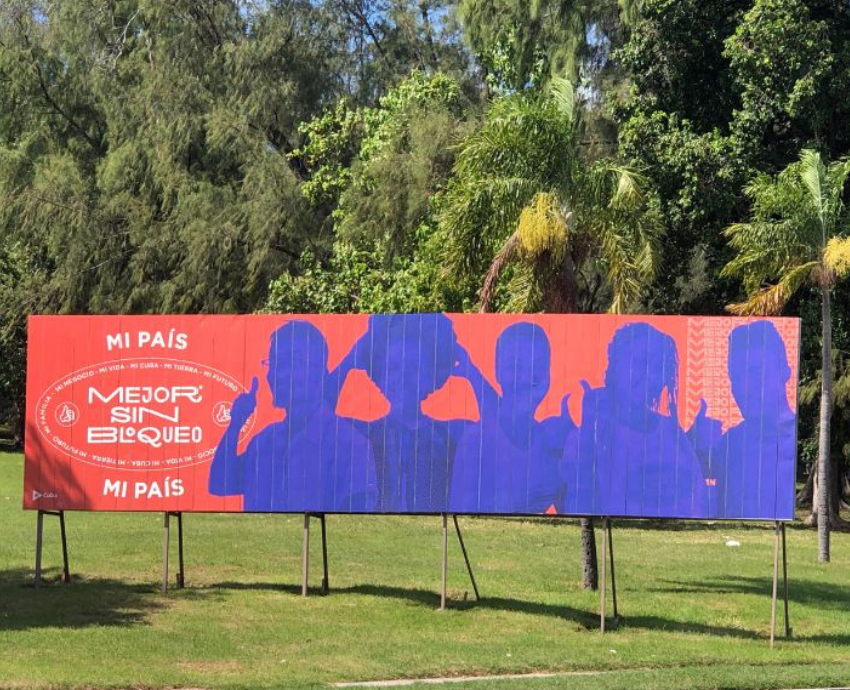
The United Nations General Assembly adopted a non-binding resolution on October 30 in New York calling on the United States to end its 62-year blockade of Cuba. Out of the 193 member countries, only Israel and the US voted against the resolution, with Moldova abstaining.
For 32 years, the assembly has voted almost-unanimously to end the blockade, which costs the Cuban economy an estimated US$5 billion every year and causes widespread suffering.
The blockade impacts Cuba’s access to vital goods, such as food, medicine, agricultural supplies and fuel.
Cuban foreign minister Bruno Rodríguez, speaking at the assembly, called for an end to “the most encompassing, comprehensive and longest-standing system of unilateral coercive measures ever applied against any country”.
The US blockade represents “commercial warfare” and a “crime of genocide”, Rodríguez said.
“Imperialism is warning the whole world that any nation daring to firmly defend its sovereignty and to build its own future will pay a price for that rebelliousness.”
The vote occurred as Cuba recovers from nationwide power outages from October 18–23 and the landfall of Hurricane Oscar on October 20, which caused devastation and six deaths.
418 cuba_power_station_santiago_de_cuba_cr ben radford.jpg

The entire national electricity grid failed due to an unexpected outage at the Antonio Guiteres thermoelectric plant, leaving the country without power while technicians worked to fix the problem.
One of the blockade’s far-reaching effects is that it severely hampers the Cuban government’s ability to import fuel and spare parts for their electricity generation system.
ALBA Movimientos, a network of more than 400 organisations from 25 countries, released a statement on October 21 showing solidarity with Cubans during the energy crisis and condemning the role of the US blockade.
“No one can directly attribute this virtual collapse of the Cuban electrical system to one specific measure of the US government,” the statement said. “That would be too simplistic and does not reflect reality.”
“It is the result of a long-term strategy of planned destruction of the material and spiritual living conditions of the Cuban population.”
ALBA Movimientos said that the current situation in Cuba is “a product of the suffering induced by the criminal blockade”.
“We are not talking only of the total failure of the electrical system, but of the accumulated effects of the crisis aggravated by US policy.”
US President Joe Biden has maintained the cruel blockade, including the additional 243 sanctions introduced by the Donald Trump administration, despite a pre-election promise in 2020 to “reverse the failed Trump policies that inflicted harm on Cubans and their families”.
Biden has also kept Cuba on a so-called “state sponsors of terrorism” list, which causes problems for Cubans living abroad, such as having their bank accounts frozen and money transfers blocked, hampers humanitarian supplies and funds from reaching the country and discourages tourism to the island.